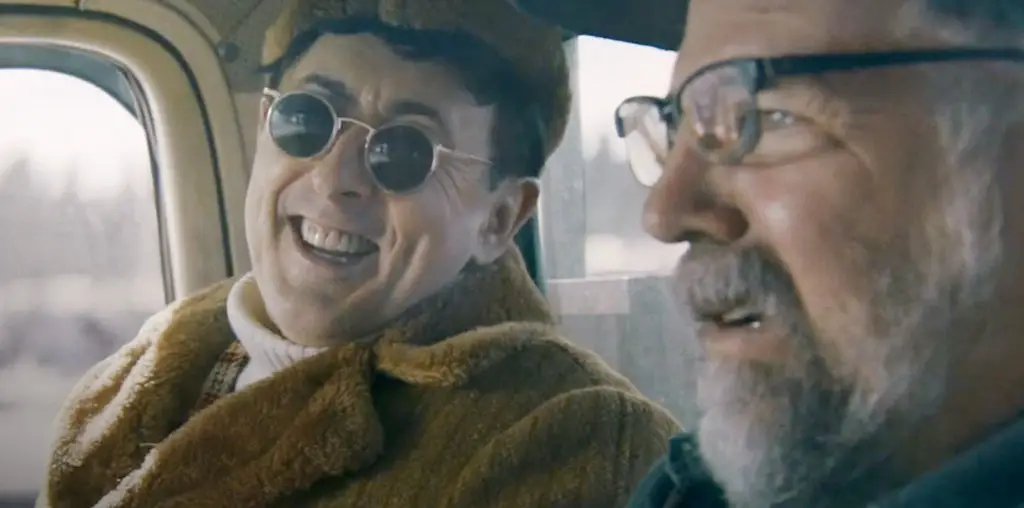
Some of the United Kingdom’s most talented men have tackled the role of Heathcliff in adaptations of Emily Brontë’s canonic novel, Wuthering Heights, including Lawrence Olivier, Ralph Fiennes, Timothy Dalton, and Tom Hardy. But, for Andrea Arnold’s most recent adaptation, the director of 2009’s Fish Tank decided to cast first-time actors to portray Heathcliff as a teenager (Solomon Glave) and adult (James Howson).
Most significantly, this is the first time Heathcliff is portrayed by a man of color, a detail Brontë directly alludes to in her novel. By positioning Heathcliff as a racial minority in the narrative, Brontë creates a much more complicated story about obsession, b********y, and revenge than previous adaptations and teenage girls obsessed with the literary character would lead you to believe. Arnold channels the original tone of the novel as she depicts a love story with unsatisfying, unsettling results.
Here, the story is told from Heathcliff’s perspective. Beautifully performed by Glave, Heathcliff first arrives at Wuthering Heights a battered, taciturn child who Mr. Earnshaw takes in because it is the “Christian thing to do.” After spitting in his face, Catherine Earnshaw has a change of heart and takes Heathcliff under her wing, leading him around the stunning Northern England Moors. Arnold has preserved the natural qualities of their relationship. The two children roll in the mud, splash in the rain, and run with their mangy dogs as though they are just as much a part of that scenery as the lapwings flying overhead.
But, the utopian quality of such a primordial existence takes on dark tones as they lick each other’s wounds and torture animals. Though we are meant to feel sympathetic towards Heathcliff and the abuse he receives because of his outsider status, there is not a single likeable character in this film. Cathy is a brat, her brother Hindley is a sadistic monster, their neighbors are racist, stuck-up, rich kids, and Heathcliff is obsessive and selfish.
This hopeless, dirty, consumptive world is what makes the book so interesting, and what this adaptation capitalizes on. Arnold has moved away from the hopelessly romantic towards the merely hopeless and in doing so has finally made a version of Wuthering Heights with some depth. There is more to glean from this contemplatively paced (be warned: another way of saying very slow) film than one viewing affords. I look forward to watching and rewatching this film as both a companion piece to an incredible novel, and as a separate work of art, worthy of being considered for its own merits.

